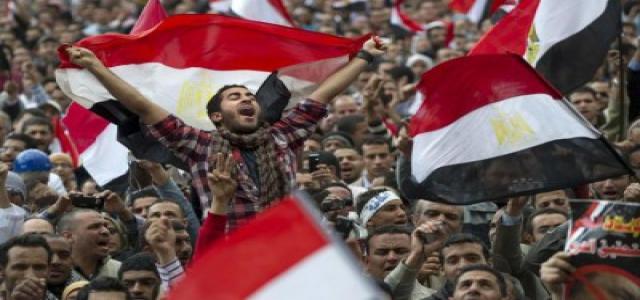- DemocracyObama
- October 9, 2010
- 9 minutes read
Critics question Obama’s authenticity in call for democracy

An article posted in the Washington post by Fred Hiatt discusses the US commitment to prioritise its call for democracy worldwide.
After enjoying a good run in the 1980s and 1990s, democracy has been playing defence lately. China, Russia, Iran and Cuba have been more successful exporting and extolling their systems than democracies have been in promoting theirs.
The article highlights that US President Obama has seemed only sporadically attuned to the negative shift towards democracy. His speeches in both Cairo, and Oslo, spoke powerfully about freedom, dignity and democracy. His Cairo speech cited him stressing
“I have come here to seek a new beginning between the United States and Muslims around the world; one based upon mutual interest and mutual respect; and one based upon the truth that America and Islam are not exclusive, and need not be in competition. Instead, they overlap, and share common principles – principles of justice and progress; tolerance and the dignity of all human beings”
Democratic allies however felt that he focused on improving relations with authoritarian powers, while democracy activists felt there was always some priority higher than theirs including nuclear non-proliferation, counterterrorism and climate change.
Again in his second annual address to the U.N. General Assembly, we observe Obama declaring the "freedom, justice and peace in the lives of individual human beings"
“ So we stand up for universal value because it’s the right thing to do," "But we also know from experience that those who defend these values for their people have been our closest friends and allies, while those who have denied those rights whether terrorist groups or tyrannical governments have chosen to be our adversaries."
Obama outlined a leading role for the United States in promoting human rights and democracy around the world, laying out a new foreign policy initiative that his advisers said will guide his diplomacy in the years ahead.
Obama appeals to younger democracies in his address to incorporate their values into their foreign policy, urging them to recall their own history.
Hiatt maintains that Obama is searching for examples of successful democracies in his first two years of power. While His administration rebuked Egypt’s President Hosni Mubarak describing him as choking civil society in Egypt it threatens to withhold aid if Mubarak refuses to incorporate election monitors in Egypt demonstrating once again his so called noble intentions of valuing democracy abroad.



